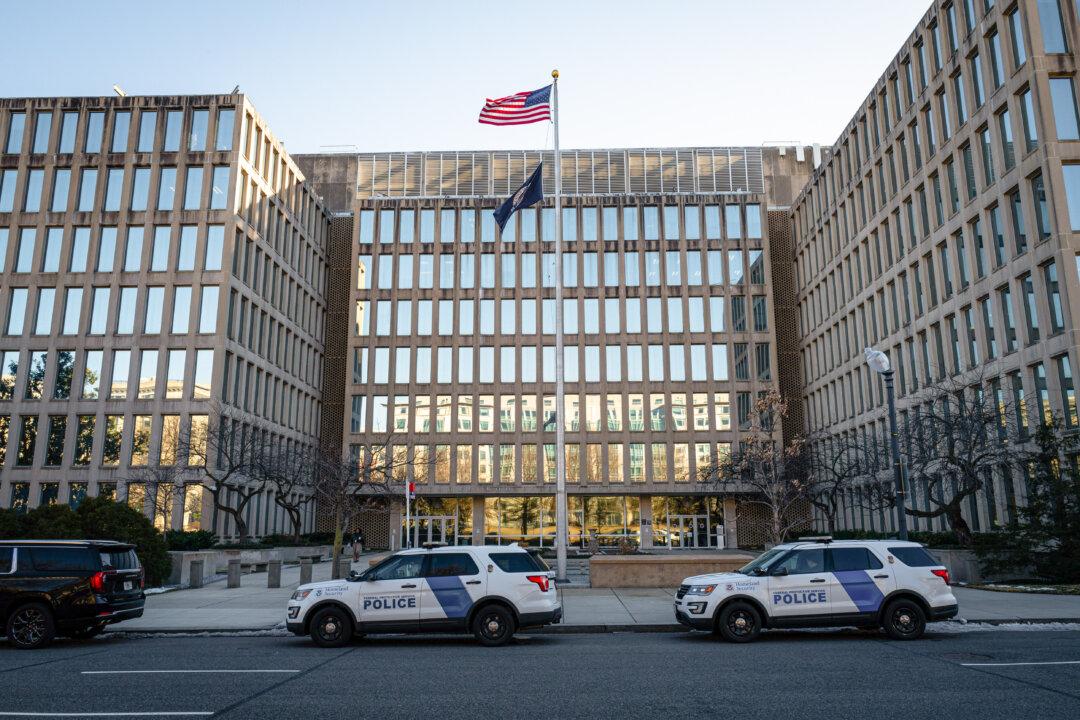The United States is considering using a naval facility at Guantanamo Bay to process and repatriate illegal immigrants coming from Haiti, White House national security spokesman John F. Kirby said during a press call on March 14.
The naval station at Guantanamo Bay has been used in the past for processing and repatriating illegal Haitian immigrants, and it “remains an option” for the future if maritime migration trends continue to worsen, Mr. Kirby said.




